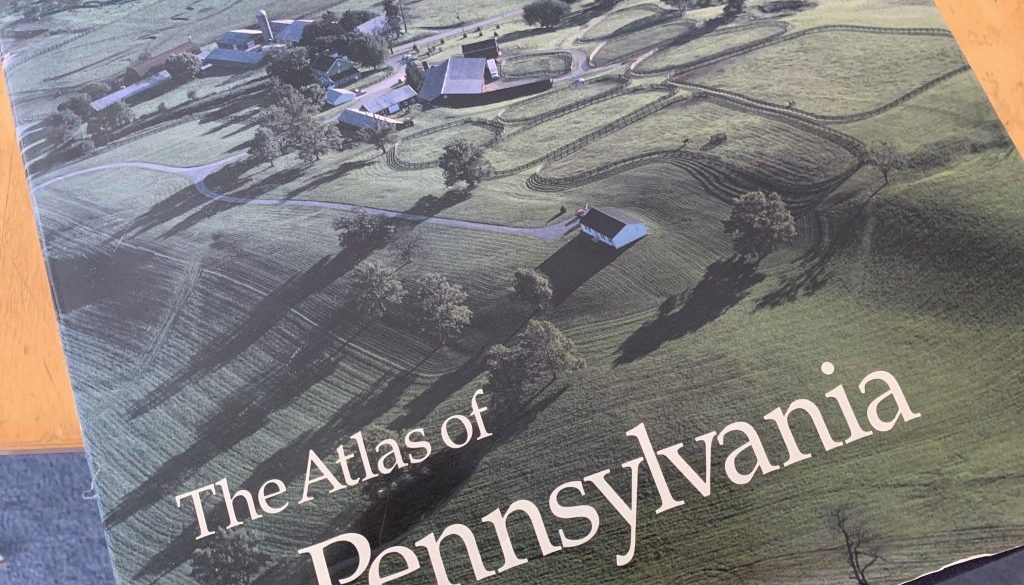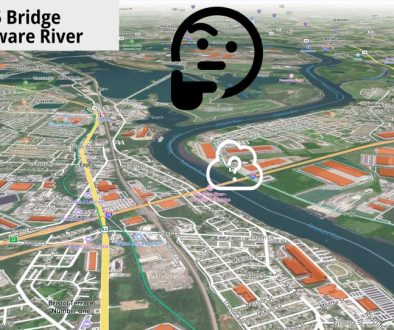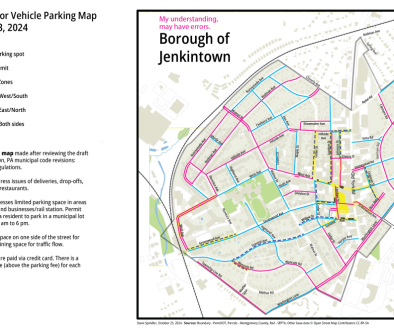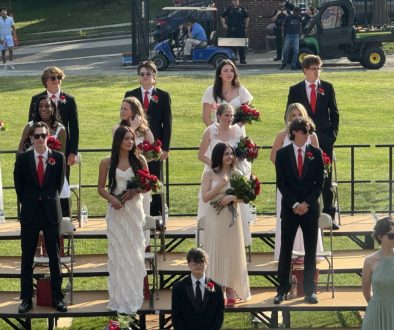Remembering Mark Mattson
In 1990, I was taking a cartography class at Macalester College. We used a book by David Cuff and Mark Mattson. And a couple of years later, I was fortunate to be in Mark’s Cartography Lab at Temple University. This was the perfect place to spend some of my time. Mark, and students in his lab (Chris Salvatico and Scott Snyder), showed me what was possible.
At Mark’s funeral, many atlases and books lined the room. It was incredible to see how much he collaborated with people.
What follows are comments made by Dr. Carolyn Adams. She was the reason I went to Temple and has been an inspiration to me. She said I could share her comments publicly about Mark.
What Dr. Carolyn Adams shared about Mark Mattson
Mark remains such a vital presence in my mind that I cannot believe we find ourselves here today celebrating his life as we mourn his death.
I was Mark’s colleague at Temple, where Mark was not just another faculty member like me. He played a unique role on the third floor of Gladfelter Hall as the head of our Cartography Lab, where he supervised countless students whose experiences with Mark turned into careers in planning and mapping for government agencies and private companies.
And although I sensed that he sometimes resented the status distinctions between faculty members and staff members like him, he also reveled in the freedom that the distinction gave him to ignore (sometimes even to flaunt) what he saw as archaic conventions. He never let such conventions affect the quality of work that he always produced.
Nor did he ever feel obliged to recognize institutional hierarchies. On the day of Mark’s retirement party in 2010, who should stroll into the room completely unannounced, but Peter Liacouras, the long-serving president of Temple University? Liacouras nonchalantly explained, “I heard there’s a party for Mark….. so I came.” Obviously Mark’s personal network stretched far beyond the 3rd floor of Gladfelter Hall!
I knew Mark best as one of a small group of co-principals in a 5-year project called the Metropolitan Philadelphia Indicators Project. We researched, mapped, and published information about dozens of different aspects of the quality-of-life in 300 separate townships across our region. As you can imagine, collecting information about dozens of indicators for over 300 townships-and-boroughs resulted in huge amounts of data.
It was Mark’s job to turn those mountains of numbers into easily-readable maps, charts, and tables that would capture the attention of readers in ways that numbers alone could not. It was a joint effort in which Mark played the critical role linking a vast trove of data to public presentations in the form of books, articles, and stand-up talks. He was fearless in experimenting. Instead of reacting cautiously to new –and maybe even outlandish– ideas or approaches, Mark’s response was always “Why not??? We could try that.”
I especially admired the fact that Mark didn’t let artificial constraints distort his view of what is important in life. One summer, our project was facing an important production deadline in early July. On July 4th, after I was unsuccessful in trying to reach Mark by e-mail to resolve a last-minute production issue, I resorted to telephoning him. The level of noise behind him made clear he was in the middle of a social gathering. His response to me was: “Come on, Carolyn, has anyone mentioned that it’s a National Holiday??? Chill out…..Get yourself a glass of wine…….. we can talk about this tomorrow……” And we did. And it was fine.
While many of us regard retirement as a time when we slow the pace down, Mark charged off in a new direction that used his experience and technical skills in the world of marketing. I never talked to him without hearing about a new possibility, a new strategy, a new opportunity to put-to-use the immense energy and competence that he radiated whenever you talked to him.
Mark is one-of-a-kind in my lifetime experience. I will never forget him.
Carolyn Adams



